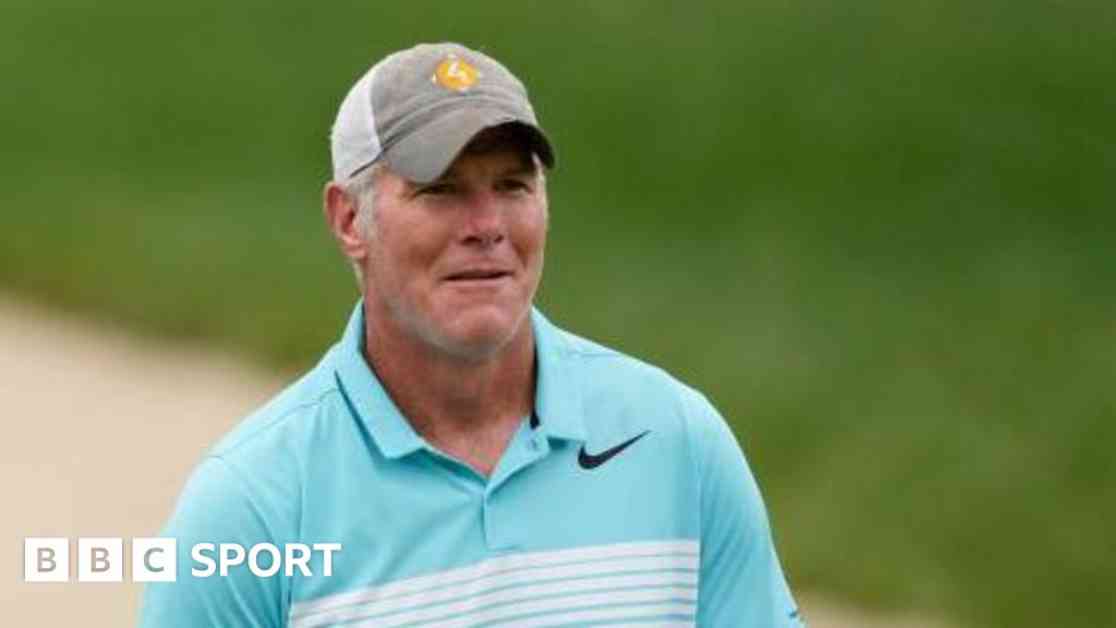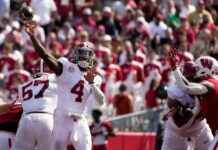Brett Favre, a legendary NFL quarterback, recently shared that he has been diagnosed with Parkinson’s disease. Throughout his illustrious 20-year career, Favre played primarily for the Green Bay Packers and achieved the remarkable feat of being named the NFL’s Most Valuable Player for three consecutive seasons from 1995 to 1997. Additionally, he led the Packers to a Super Bowl victory in 1997.
The disclosure of his Parkinson’s disease came to light during a US Congressional hearing related to an ongoing welfare fraud case. Favre mentioned that he had invested in a company working on a groundbreaking concussion drug, which he hoped would benefit others. However, he unfortunately lost that investment. Despite the challenges he is facing due to Parkinson’s, Favre expressed that the cause of developing solutions for head injuries remains close to his heart.
Although Favre has not faced criminal charges, he has been named in a civil lawsuit regarding the alleged misuse of federal welfare funds. The state auditor of Mississippi is seeking $727,000 in interest from him in relation to this case. Favre retired from professional football in 2011 after playing his final seasons with the Minnesota Vikings. He was later honored with induction into the prestigious Pro Football Hall of Fame in 2016.
In previous interviews, Favre has openly discussed experiencing memory loss, which he attributes to the cumulative effects of head injuries sustained during his playing days. The NFL, under mounting pressure, acknowledged in December 2009 that concussions can lead to long-term consequences. Subsequently, a landmark settlement of $1 billion was reached in 2015 to provide compensation to former players dealing with the aftermath of head injuries. As part of this agreement, the NFL committed $100 million towards medical and engineering research in 2016 to further understand and address the impact of head trauma in football.
Favre’s journey highlights the physical toll that professional athletes, particularly football players, endure during their careers. His openness about his health challenges serves as a reminder of the importance of prioritizing player safety and investing in research to safeguard the well-being of current and former athletes. As the NFL continues to evolve its protocols and initiatives to address head injuries, Favre’s story underscores the ongoing need for vigilance and support in protecting the health of those who dedicate their lives to the game.












